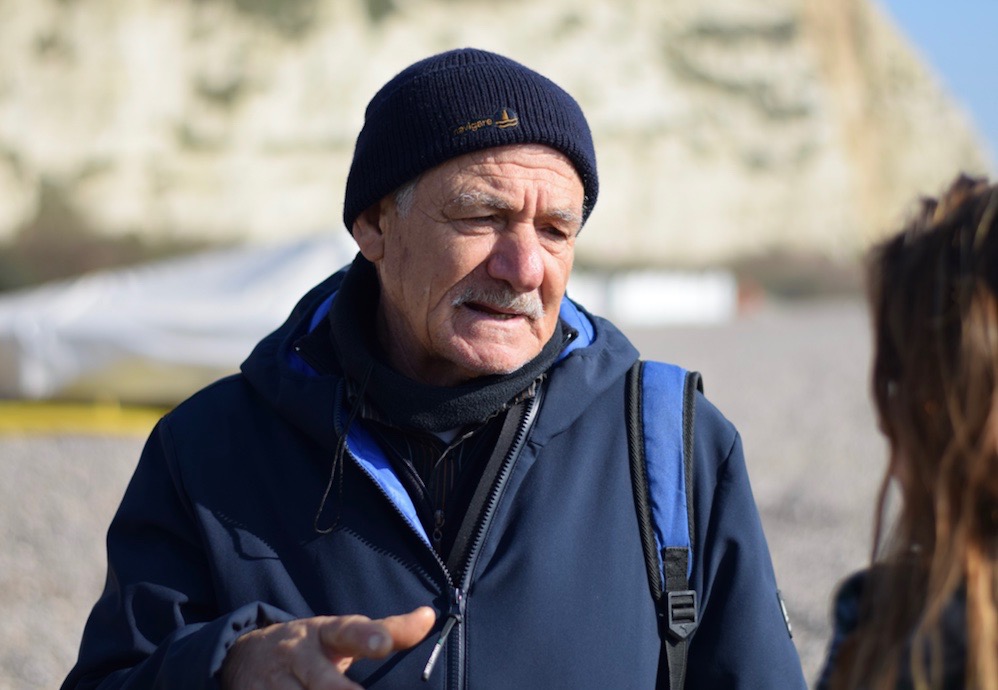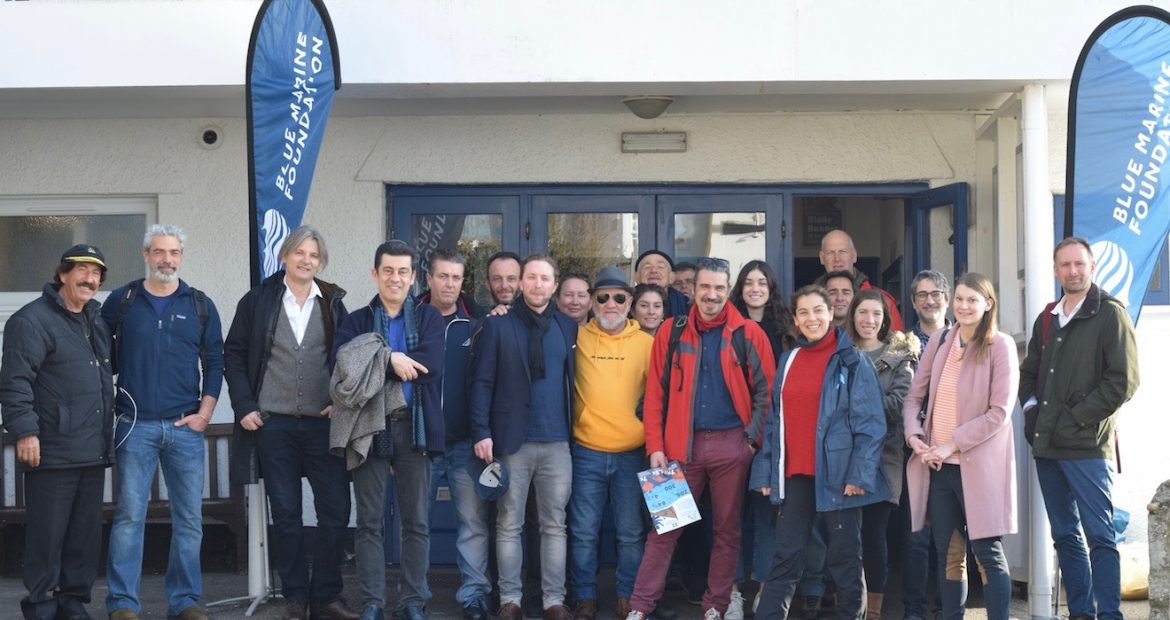UK and European fishermen met in Dorset to tackle unsustainable fishing practices
Blue Marine Foundation – which has pioneered a model of sustainable fishing hailed as a “world first” – convened fishermen from five countries to share expertise, knowledge and ideas to tackle unsustainable practices.
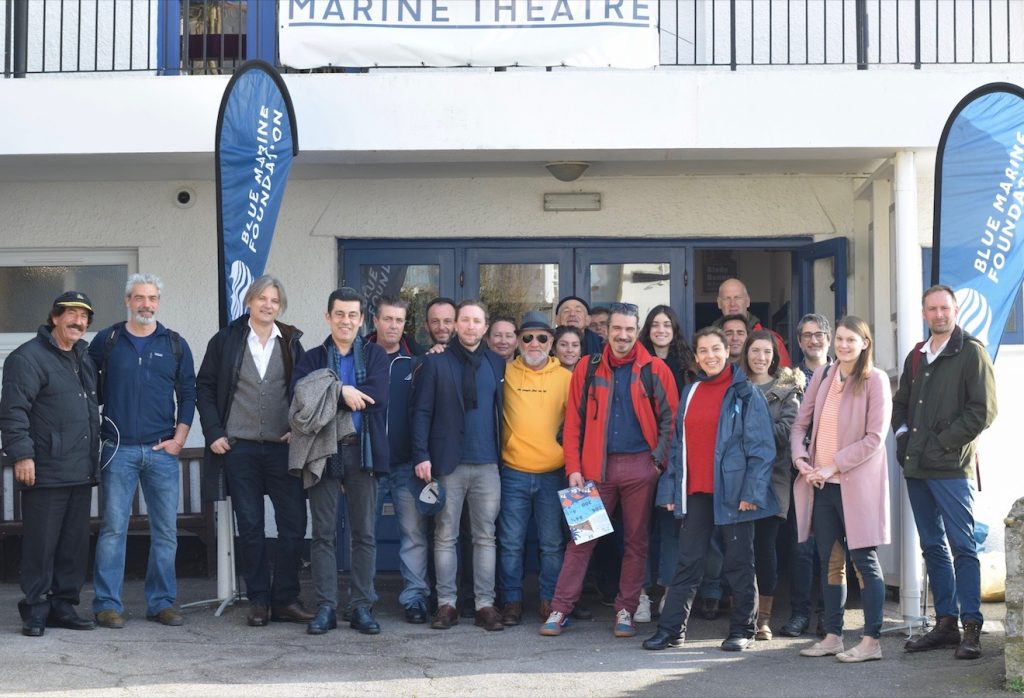
Blue Marine Foundation (BLUE) brought fishermen from across the Mediterranean – including Greece, France, Cyprus, Turkey and Italy (Aeolian Islands) – together with the fisherman of Lyme Bay, Dorset, to share their knowledge and ideas on how to ensure sustainable fishing practices.
The Lyme Bay fishermen are the pioneers of a “world first” model of sustainable fishing which was introduced by BLUE in 2012. Since the Lyme Bay Fisheries and Conservation Reserve was established, the marine environment has transformed, with an 84 per cent increase in species diversity observed in just five years. In addition to this, fishermen are also enjoying premium prices for their catch because of its quality and traceability.
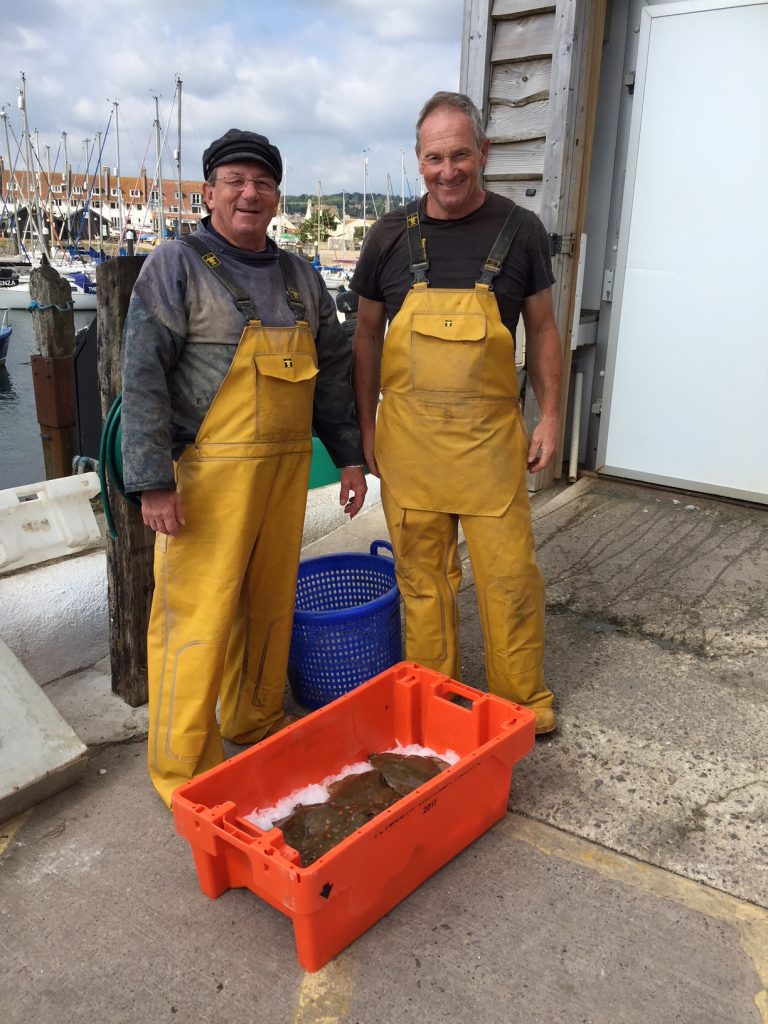
The Lyme Bay fishermen met their counterparts from the Aeolian Islands (Stromboli and Salina) who have also successfully piloted the model within their area. Both Lyme Bay and the Aeolians were under threat from overfishing. Working with the fishermen in both areas, BLUE was able to encourage the fishermen to take a lead role in shaping conservation measures to protect the future of their fishery and sign up to voluntary codes of conduct regulating fishing activity.
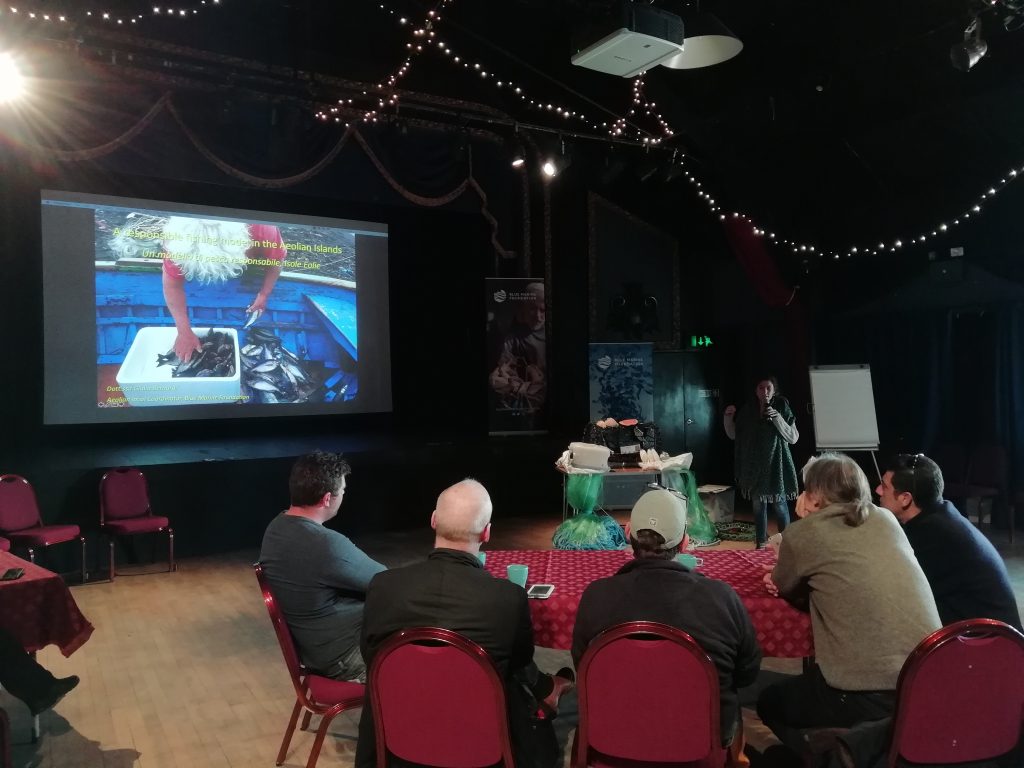
The visiting fishermen learned about the Lyme Bay Fisheries and Conservation Reserve from the scientists, marine regulators, and conservationists at its heart. In bringing these parties together, BLUE aims to ensure the successful and widespread roll-out of the sustainable fishing model, which the charity believes may change the dynamics of small- scale fishing in Europe, protect Mediterranean habitats and fish stocks, and unify and strengthen a dying artisanal trade.
The model could transform the future of inshore fishing, reversing declines in marine life and reinvigorating coastal communities.
The programme for the two-day event – the European Small-Scale Fisheries Exchange – also includes:
- Short presentations by fishermen, followed by discussions on the challenges they share and the ways in which each group has worked to overcome them.
- A visit to local restaurant The Harbour Inn where chefs served sustainable catch from the Lyme Bay fishers and discuss quality, provenance and added value of sustainably-caught seafood.
- A fishing trip launched from Beer beach – located on the UNESCO World Heritage Jurassic Coast – where Lobster pots will be pulled, nets retrieved and catch stacked, ready for the chiller at the Beer fish market.
The problems have revealed substantial similarities, such as the lack of controls by the maritime authorities, the persistent fishing by industrial fleets that compete with small fishermen by making a less sustainable fishing effort and recreational fishing that competes with that of professionals, damaging their economy.
